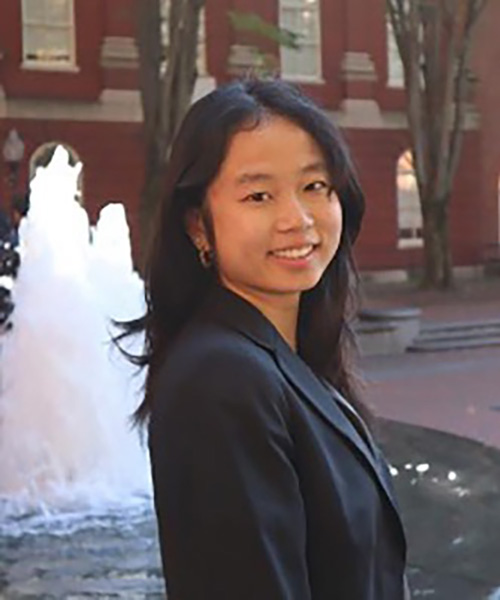
Beyond the Headlines: Bridging Divides through Dialogue
Zifei Zhao | 2025年5月15日
响应: Georgetown Students Reflect on Virtual Exchanges with Tsinghua University
Aanika Veedon
Participating in the U.S.-China Student Dialogue amid the ongoing trade war and heightened tensions between the United States and China has been an unique opportunity to engage our two countries. While I began the dialogues with some hesitation regarding what we could achieve, I left with strong optimism about the future of our two countries’ relations and the next generation of leaders. As students, choosing to create lines of communication and collaboration that our governments are often unable to do is a testament to the value of student-to-student exchange.
Our dialogues have required a level of openness that is hard to achieve while our countries’ relations are fraught, especially given the contentious topics of our conversations. As such, it was a daunting task to begin one of our virtual meetings discussing security issues in the South China Sea without much knowledge of each other. However, instead of diving into the topic immediately, we began our conversation by talking about our weeks and how busy we have all been with exams. Just the small piece of common ground resonated with all of us as a group and I found our conversation to be far more open than previous ones. We bonded over school, excitement for summer, the TV shows we’ve been watching, and laughed about how we all grew up believing the myth that you could see the Great Wall of China from space. The simple shared experiences we found brought us together, creating a foundation of trust and openness that remained throughout our sessions.
As U.S. foreign policy toward China was constantly evolving throughout our sessions, we often found ourselves struggling to answer many of the questions our Chinese counterparts presented. Some included the effects of the United States’ cuts to research funding on education and progress in STEM, others on the evolving policies toward international students. As tariffs rose and tensions increased, one student asked, “so, what is the point in all this?” At times, it felt like there was a clear disconnect between our understanding of diplomacy–exemplified by our dialogue–and our governments’ simultaneous actions to each other. In one session, we said it plainly–that it felt like the world is a mess and that there is so much unnecessary antagonism between our two countries. With this mutual acknowledgment, we approached our discussions with a willingness to learn from one another and recognized how growing up in our respective countries shaped our perspectives toward the world.
Though we did not agree about everything, we found that we all share an unwavering commitment–a responsibility as individuals, students, and future leaders to find areas of cooperation between the United States and China, and work together–not apart–to solve global issues. I am so grateful for the work of Georgetown and Tsinghua in making our dialogue possible and providing us with the opportunity to find connection, friendship, and advance diplomacy amid geopolitical tensions. Looking forward, I am excited for our trip to Beijing and Hong Kong to meet our counterparts, continue our conversations, and work together, finding areas of potential collaboration for our project on artificial intelligence and technology.
Aanika Veedon (SFS’26) is a student at Georgetown University studying international politics.

Zifei Zhao | 2025年5月15日
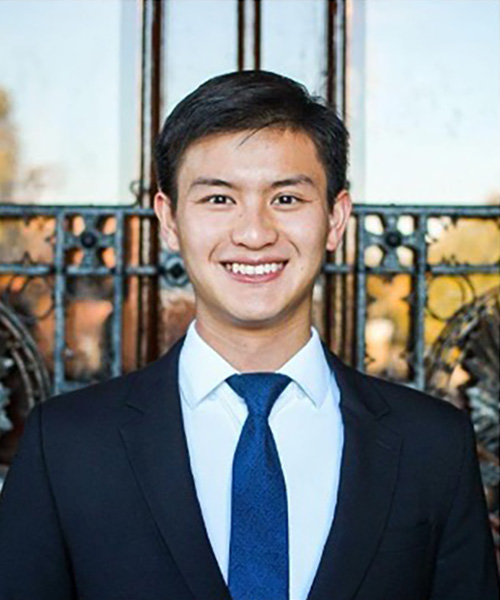
Bennie Chang | 2025年5月15日

Luke Hughes | 2025年5月15日
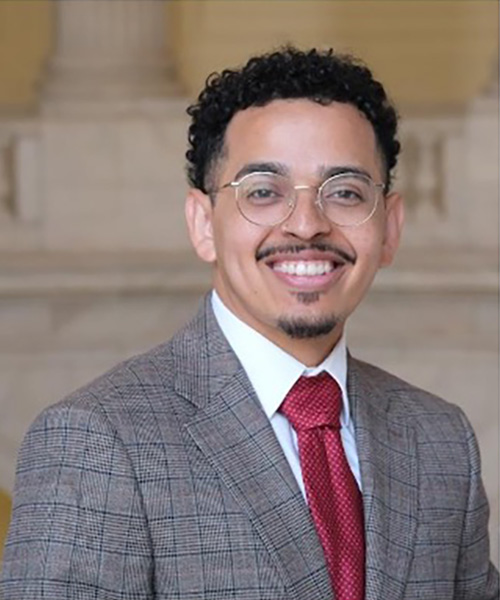
Daniel Castro Bonilla | 2025年5月14日

Emmy Ekstrand | 2025年5月14日

Isabella Stratta | 2025年5月14日

Lam Tran | 2025年5月14日
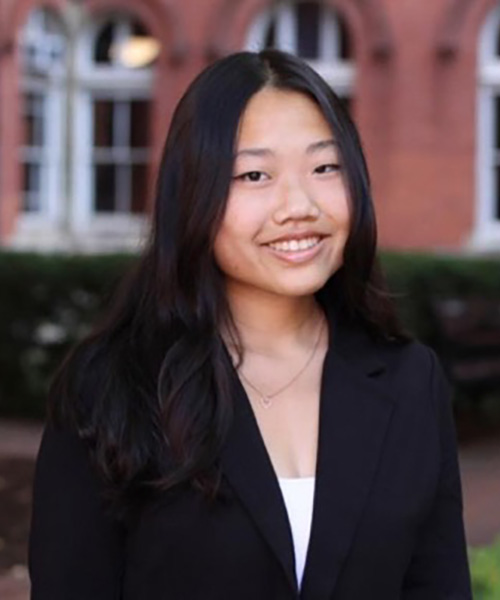
Maggie Yang | 2025年5月14日

Tiffany Cowan | 2025年5月14日

Drew Zacharias | 2025年5月14日
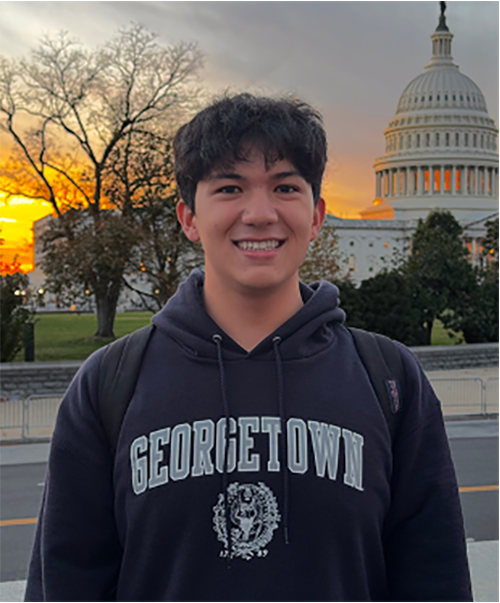
Patrick Coggin | 2025年5月14日

Raghav Akula | 2025年5月14日